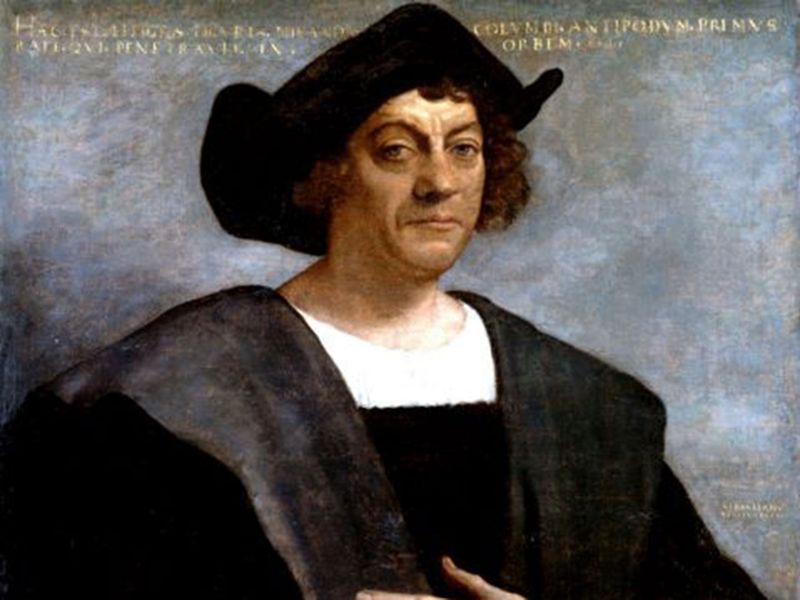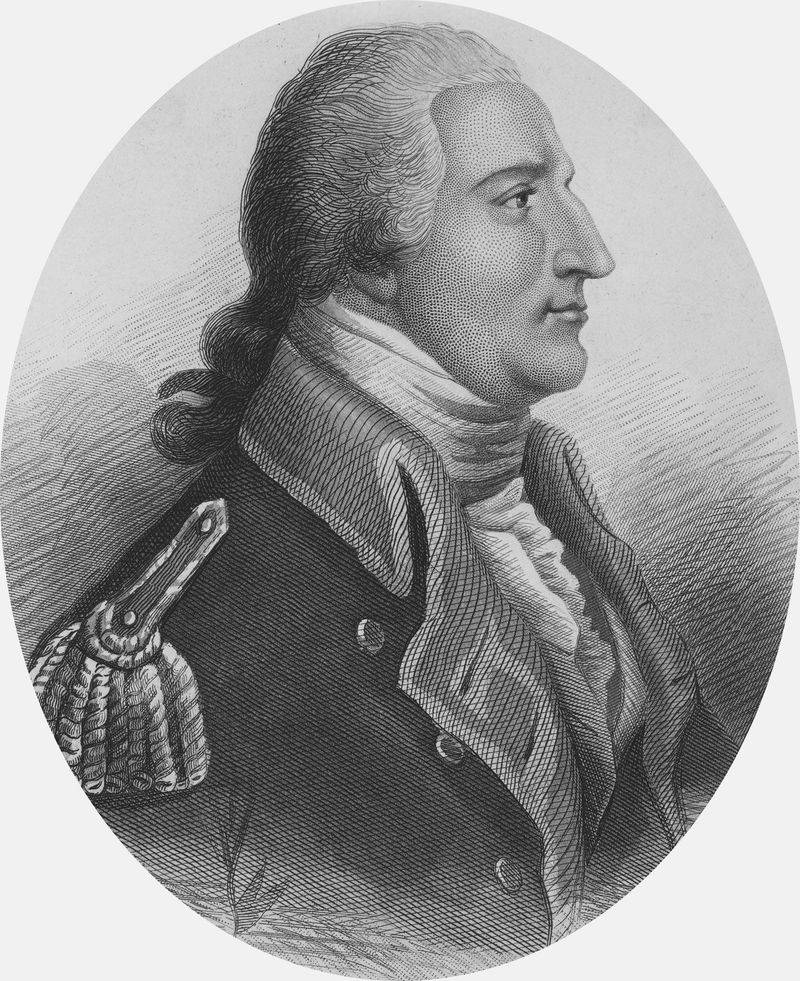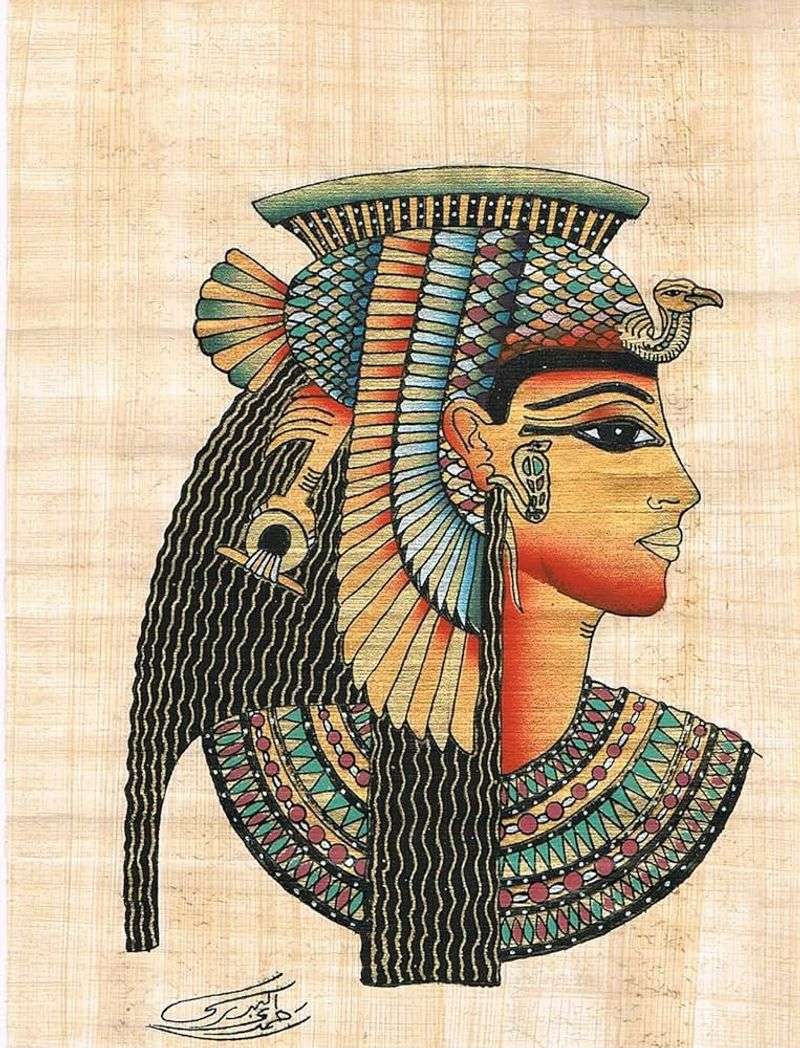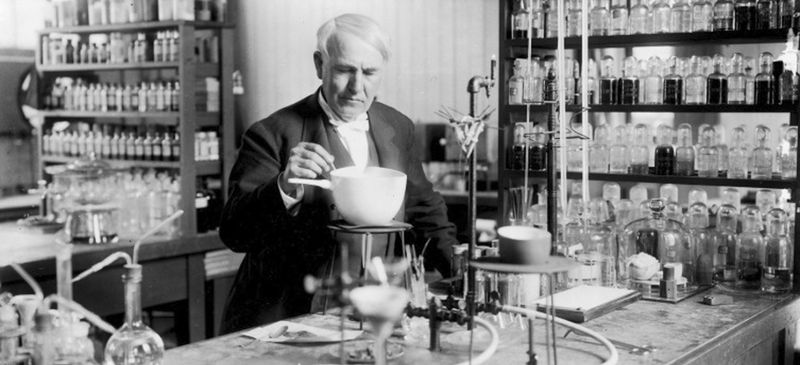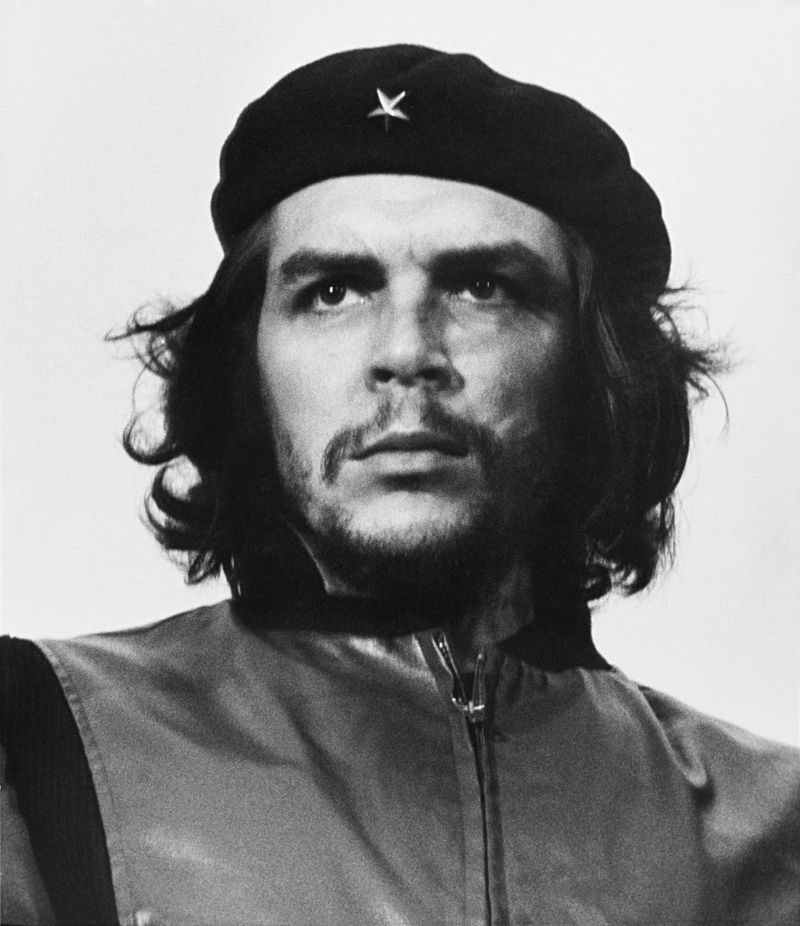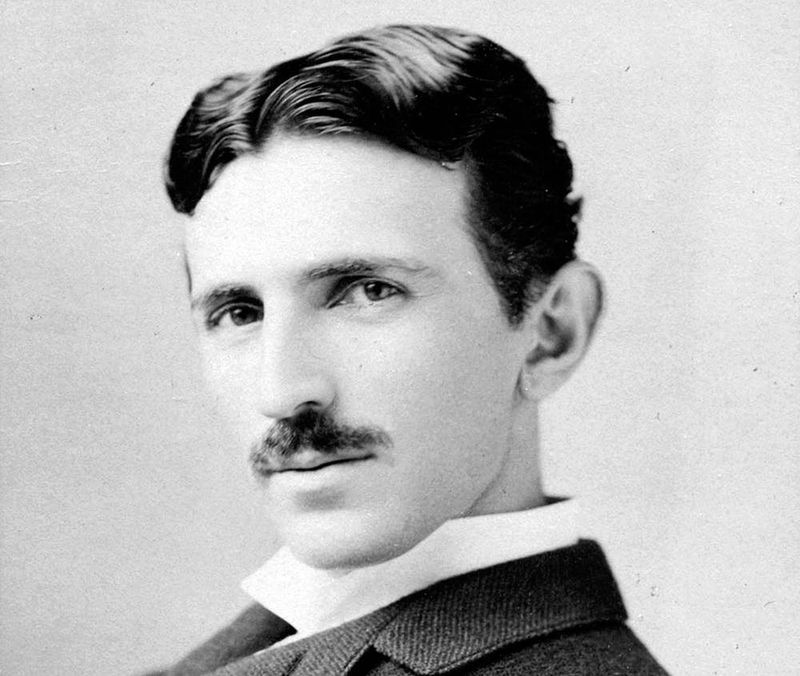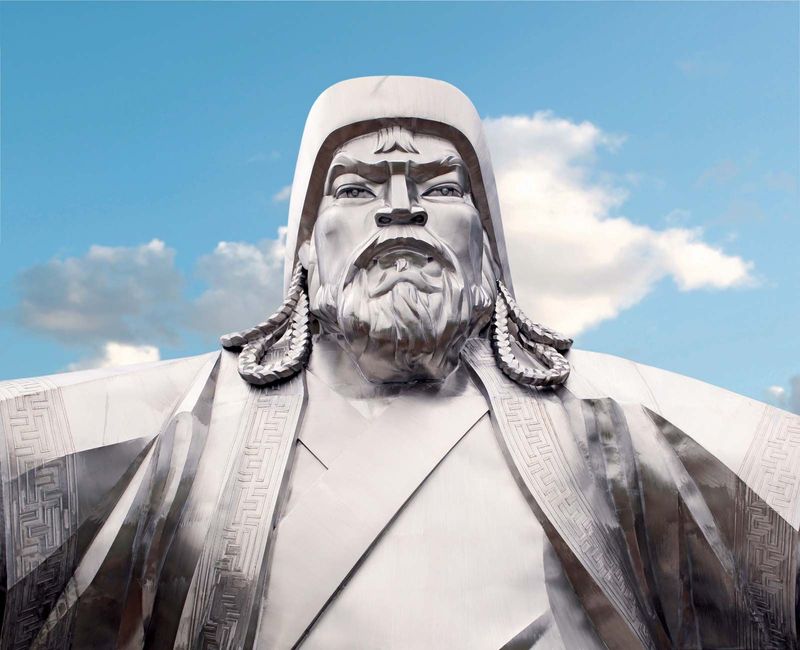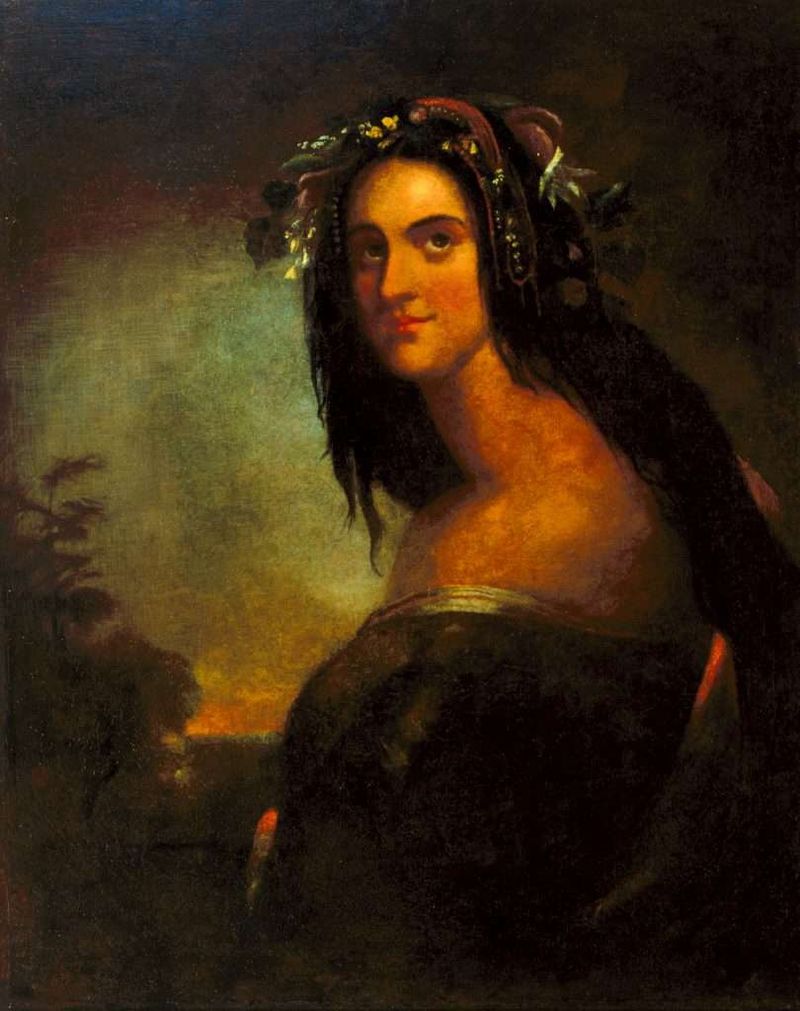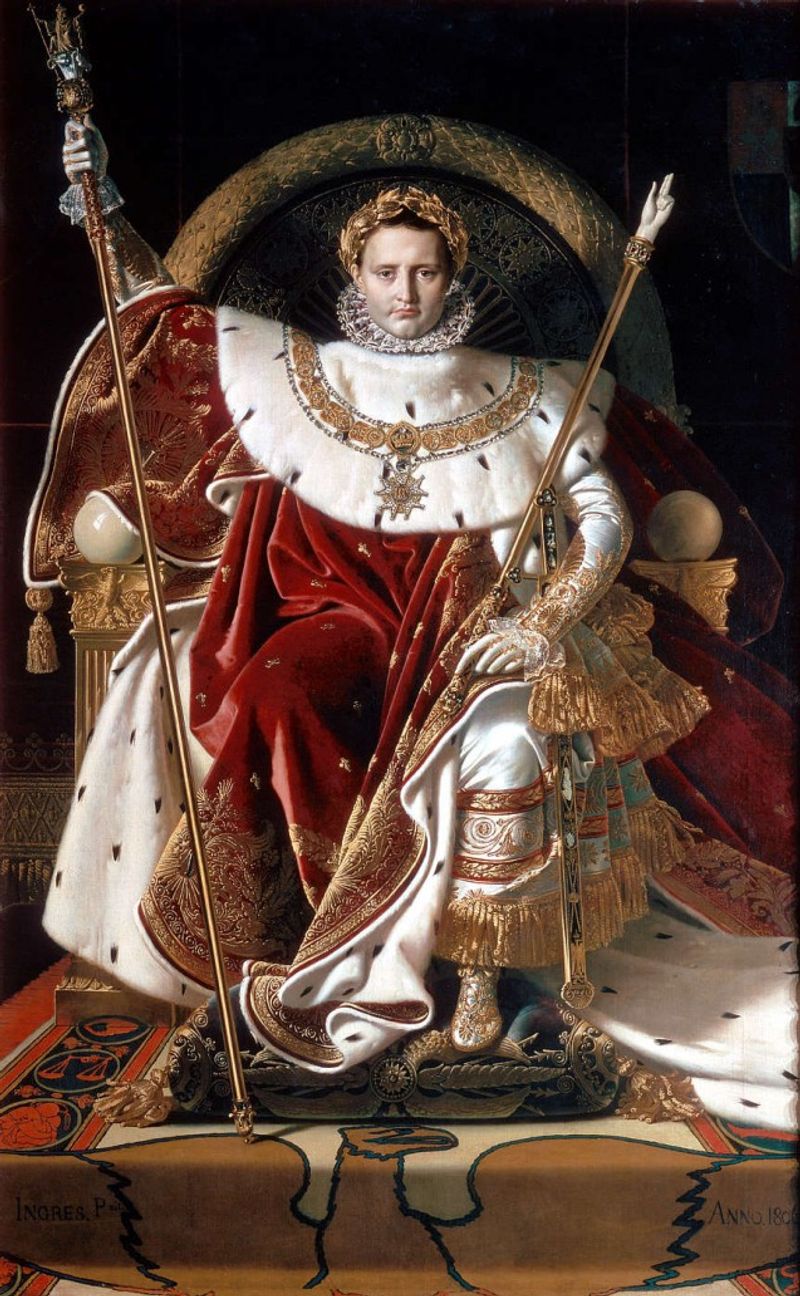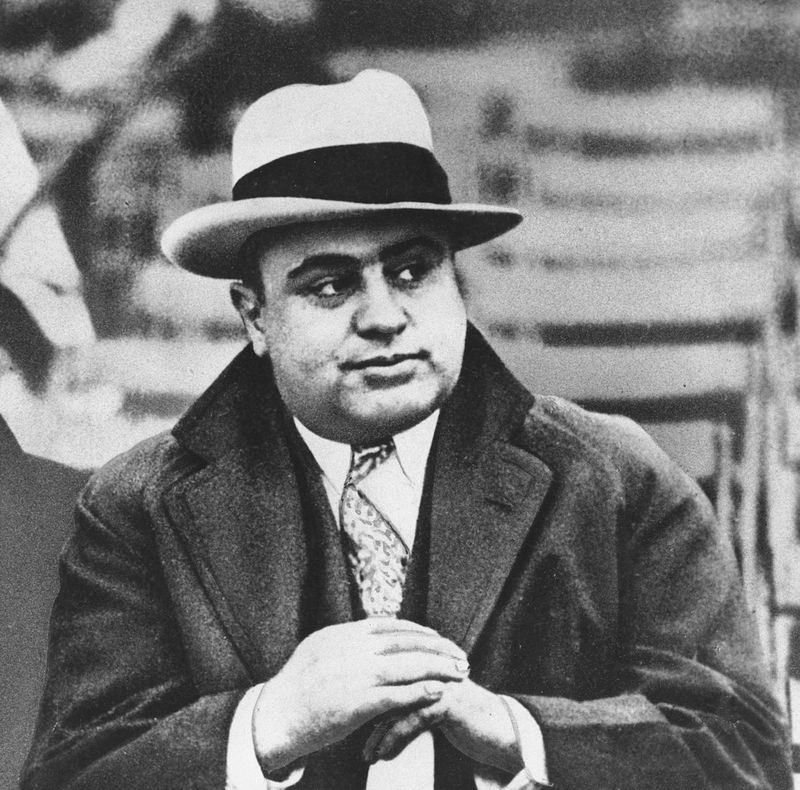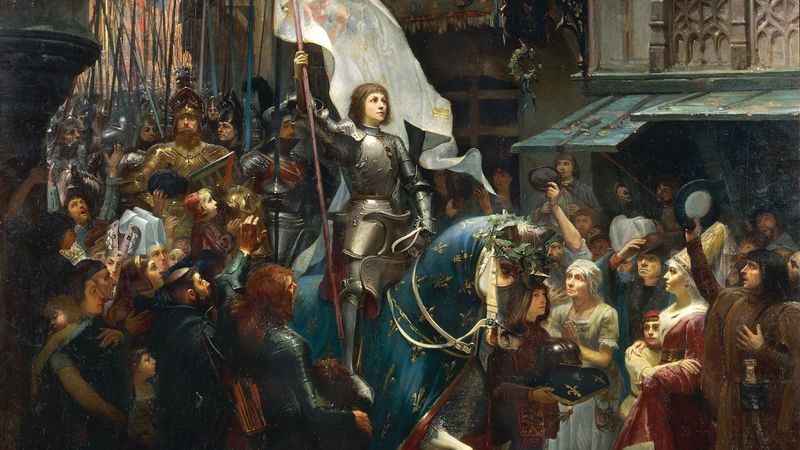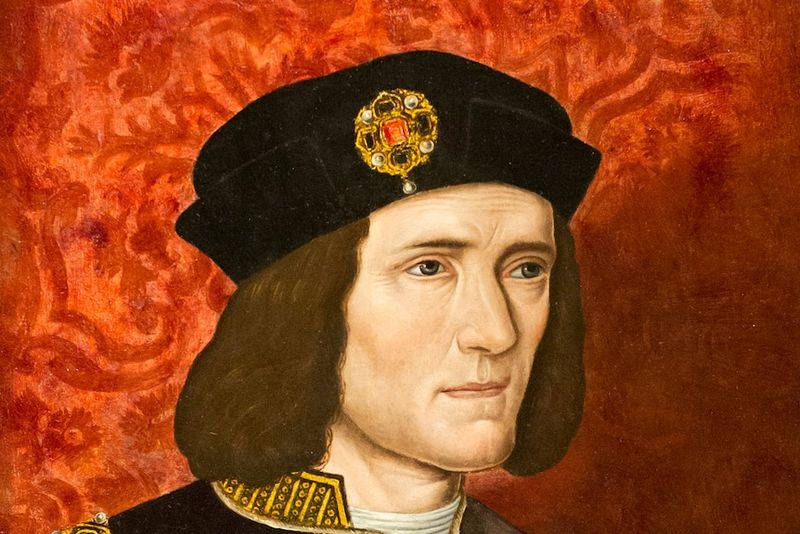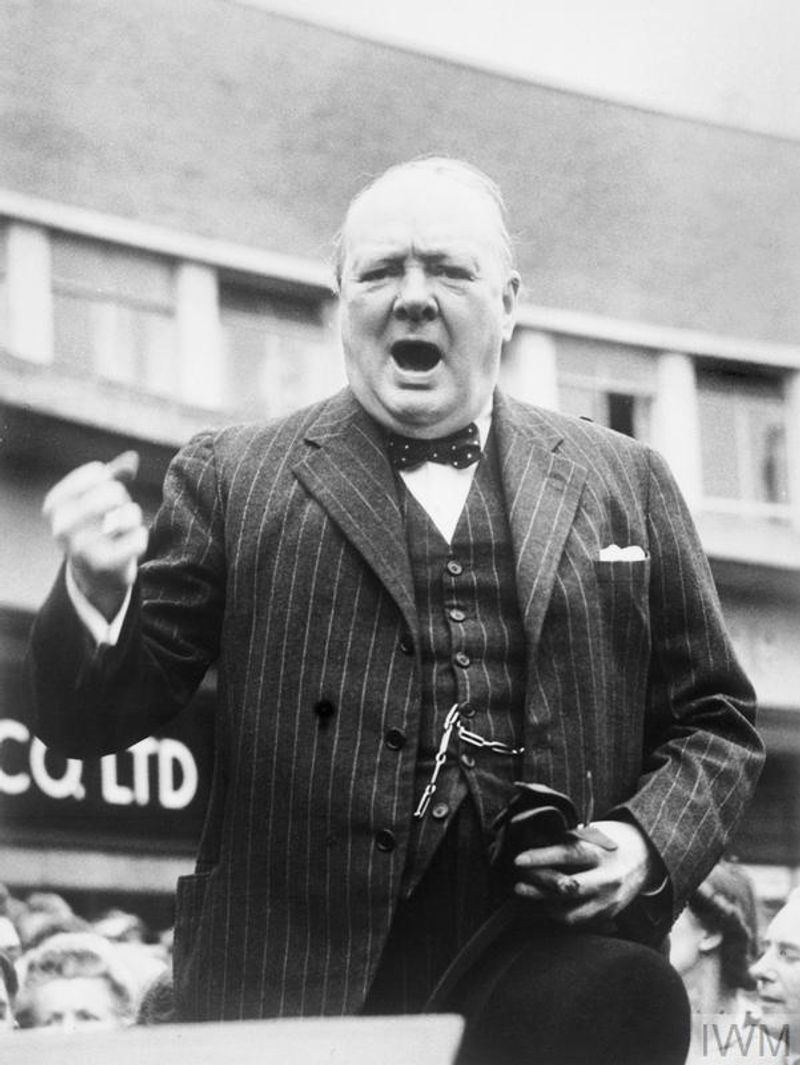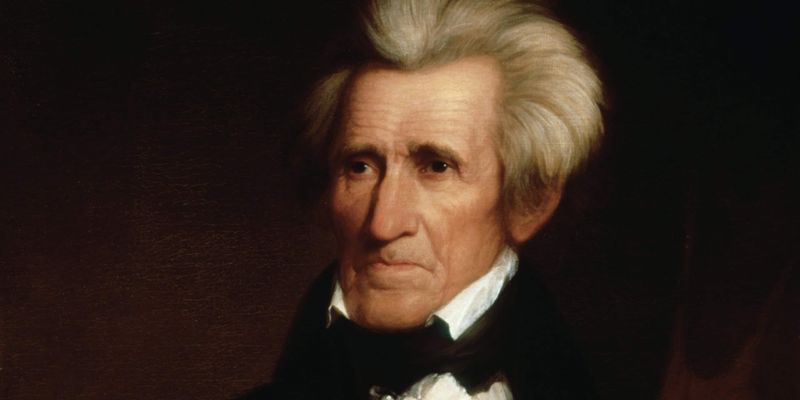History is a tapestry woven from countless stories, some of which have been oversimplified into tales of heroes and villains. In this exploration of 15 famous figures, we delve into the complexities that challenge these traditional narratives. From explorers and inventors to revolutionaries and rulers, each character’s story is rich with nuance and contradiction.
By examining these figures more closely, we uncover the multifaceted nature of history and the intricate motivations that drive human action. Join us on a journey to rethink the legacies of these well-known personalities and discover the shades of grey in their stories.
1. Christopher Columbus
Christopher Columbus, once revered as the intrepid explorer who “discovered” America, is now scrutinized for his actions in the New World. While his voyages opened new trade routes, they also led to the devastating colonization and oppression of indigenous peoples. Today, he is a symbol of exploration’s darker legacies. Columbus’s personal ambition and the harsh realities of his expeditions paint a picture far removed from the heroic explorer of old. Unpacking his story reveals a man driven by complex motives, reflecting both the spirit of adventure and the shadows of conquest.
2. Benedict Arnold
Benedict Arnold, a name synonymous with treason in American history, was once a celebrated war hero. His shift to the British side during the American Revolution has overshadowed his earlier contributions to the Patriot cause. Some argue his defection was driven by perceived injustices and personal ambition. This complex portrait raises questions about loyalty, honor, and the human capacity for change. Arnold’s story challenges the simplistic notion of a villain, offering a nuanced perspective on a troubled man torn between conflicting ideals and a desire for recognition.
3. Cleopatra
Cleopatra, the last pharaoh of Egypt, is often remembered as the seductress who bewitched Roman leaders. Yet, she was much more—a strategic thinker and a leader who sought to protect Egypt’s independence. Her intelligence and political acumen were as significant as her legendary beauty. Cleopatra deftly navigated the turbulent political landscape of her time, forging alliances and securing her kingdom’s future. This multifaceted queen defies the simplistic labels of history, embodying both the allure and the power of a shrewd sovereign in a male-dominated world.
4. Marie Antoinette
Marie Antoinette, forever linked to the phrase “Let them eat cake,” is often portrayed as a symbol of royal excess. However, this image belies a more complex reality. She was a young queen, caught in the throes of political upheaval, who faced immense pressure and scrutiny. Despite her lavish lifestyle, she showed moments of genuine concern for the French people. Her story is not one of simple indifference, but of a woman navigating the treacherous waters of revolution and royalty. The misunderstood queen remains an enigmatic figure of history.
5. Thomas Edison
Thomas Edison, the iconic inventor of the light bulb, is celebrated for his prolific innovations. Yet, his legacy is marred by aggressive business practices and disputes over intellectual property. Edison’s relentless pursuit of success sometimes overshadowed the contributions of others in his employ. This ambitious inventor’s story is one of brilliance intertwined with controversy. While his impact on technology is undeniable, his methods invite reflection on the ethics of innovation and competition. Edison’s narrative is a testament to the blurred lines between genius and ruthless ambition.
6. Che Guevara
Che Guevara, the iconic face of rebellion, is revered by many as a champion of the oppressed. However, his role in violent purges and authoritarian acts in post-revolution Cuba paints a more complicated picture. Guevara’s life was one of contradiction—a physician who took up arms, a revolutionary who became part of the establishment. His legacy is both admired and vilified, embodying the passion and peril of revolutionary zeal. As a complex historical figure, Guevara’s story invites debate about the costs of ideology and the dual nature of heroism.
7. Nikola Tesla
Nikola Tesla, once overshadowed by contemporaries like Edison, is now celebrated as a visionary innovator. His work on alternating current and wireless technology was groundbreaking, yet myths about his life have grown over time. Tesla’s genius was often at odds with his eccentric nature, leading to both triumphs and struggles in his career. The resurgence of interest in Tesla highlights the allure of the misunderstood genius, blending fact with fiction. His story is a reminder of the fine line between brilliance and eccentricity that captures the imagination.
8. Genghis Khan
Genghis Khan, the feared Mongol conqueror, is often remembered for his ruthless military campaigns. However, his legacy also includes the unification of disparate tribes and the promotion of trade and cultural exchange. Genghis Khan’s empire was not solely built on violence; it fostered innovations in governance and religious tolerance. This formidable leader’s story is one of duality—both destroyer and builder. Examining his reign offers insights into the complexities of power and the lasting impacts of leadership. Khan’s legacy continues to shape perceptions of conquest and civilization.
9. Pocahontas
Pocahontas, romanticized in popular culture, was a young Powhatan woman who played a significant role in early American history. Her life, marked by cultural exchanges and personal sacrifice, is often simplified into a tale of love with John Smith. In reality, Pocahontas navigated complex dynamics between her people and English settlers, ultimately becoming a symbol of cultural survival and adaptation. Her story is tinged with tragedy and resilience, challenging the myths of innocence. Pocahontas’s legacy invites a deeper understanding of her true impact and the broader context of colonization.
10. Napoleon Bonaparte
Napoleon Bonaparte, who rose from obscurity to emperor, is a figure of both admiration and controversy. Known for his military genius, he spread revolutionary ideals across Europe but also crowned himself emperor and waged relentless wars. His reforms modernized France and influenced global history, yet his ambition led to immense suffering. Napoleon’s complex legacy challenges the simple dichotomy of hero or tyrant. His life remains a testament to the duality of leadership—visionary yet despotic. Unraveling his story offers insights into the intricacies of power and ambition.
11. Al Capone
Al Capone, notorious for his role in organized crime, is often remembered as a ruthless gangster. Yet, he also engaged in acts of charity, aiding during the Great Depression. Capone’s dual nature—a criminal mastermind with a public persona of generosity—reflects the complexities of his era. His life was marked by power struggles and lawlessness, but also a keen sense of public relations. Capone’s legacy is one of contradiction, challenging the simplistic narratives of villainy. His story continues to captivate, offering lessons on notoriety and the allure of the charismatic outlaw.
12. Joan of Arc
Joan of Arc, the young French heroine, inspired a nation with her faith and courage. Yet, in her time, she was a divisive figure, ultimately tried for heresy and executed. Her legacy as a martyr and saint overshadows the complexities of her life. Joan’s unwavering belief and miraculous victories are intertwined with political intrigue and religious fervor. Her story embodies the power of conviction and the peril of defiance. Joan of Arc remains an enduring symbol of resilience and sacrifice, challenging the boundaries between faith and fanaticism.
13. Richard III
Richard III, forever cast as the villain in Shakespeare’s play, is subject to ongoing historical debate. Modern research has questioned the legitimacy of his monstrous portrayal, suggesting a more nuanced figure. Richard’s reign was brief, yet marked by turmoil and power struggles. His story invites a reevaluation of historical biases and the power of narrative. Richard III’s complex legacy challenges the simplistic labels of villainy, highlighting the importance of perspective in historical interpretation. His life serves as a cautionary tale about the enduring influence of storytelling.
14. Winston Churchill
Winston Churchill, celebrated for his leadership during WWII, is a figure of both reverence and controversy. His decisive actions helped secure victory, but his policies also had detrimental effects on colonial subjects. Churchill’s legacy is a tapestry of triumph and contentious decision-making. His sharp wit and indomitable spirit are contrasted with controversial views on race and empire. This storied leader’s life sparks debates about morality in wartime leadership. Churchill remains a complex figure, embodying the paradoxes of heroism and the shadows of imperial history.
15. Andrew Jackson
Andrew Jackson, the seventh U.S. president, is celebrated for championing the “common man” and expanding democracy. Yet, his role in the forced relocation of Native Americans, known as the Trail of Tears, casts a long shadow. Jackson’s populist policies and strong leadership style were marked by both progress and prejudice. This duality reflects the contradictions of his era—a time of expansion and exclusion. Jackson’s story is a reminder of the complexities of leadership and the lasting impacts of historical decisions. His legacy invites reflection on the costs of progress.
